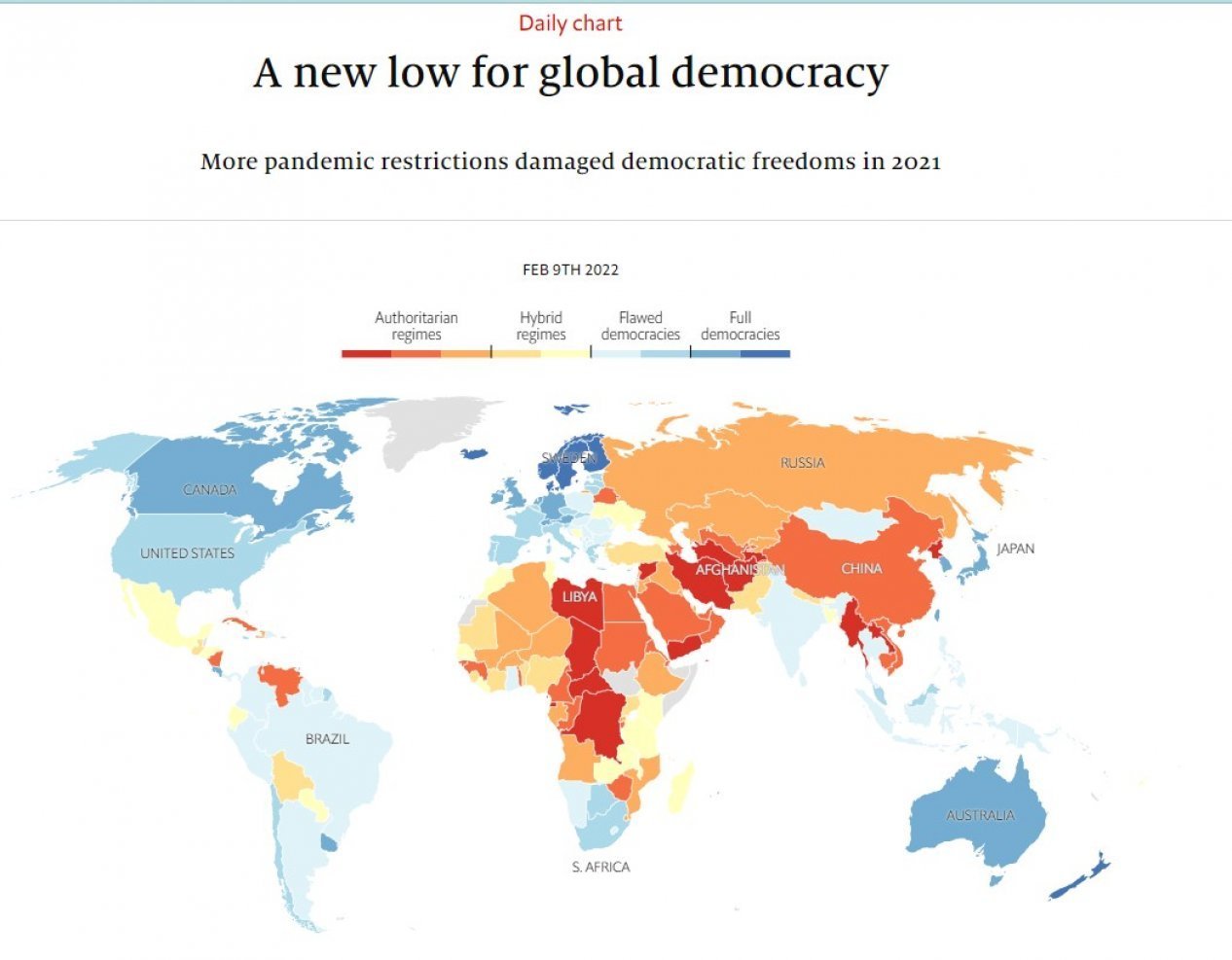
The Democracy Index 2021, compiled by the UK research center Economist Intelligence Unit, has been published. The index is calculated according to the methodology of this center (an analytical division of the British Economist magazine), based on a combination of expert assessments and public opinion polls from the respective countries. The study has been conducted since 2006 and is published every two years. Azerbaijan ranks 141st, brotherly Turkey 103rd and Georgia 91st, according to the Index.
Faktyoxla Lab. has tried to figure out how fair the criteria and facts indicated in the Index are.
Before turning to the ranking of countries in the research center index, let's take a quick look at the criteria of the group on which the index is developed.
The center's Democracy Index measures the level and state of democracy within a state and is based on the methodology of expert assessments and the results of public opinion polls from the respective countries, characterizing the state of 60 key indicators grouped into five main categories: electoral process and pluralism, government performance, political participation, political culture, civil liberties.
In the final ranking, all states are rated on the basis of the Democracy Index and are classified according to the type of government in four categories: Full democracies are nations where civil liberties and fundamental political freedoms are not only respected but also reinforced by a political culture conducive to the thriving of democratic principles. These nations have a valid system of governmental checks and balances, an independent judiciary whose decisions are enforced, governments that function adequately, and diverse and independent media. These nations have only limited problems in democratic functioning.
Flawed democracies are nations where elections are fair and free and basic civil liberties are honored but may have issues (e.g. media freedom infringement and minor suppression of political opposition and critics). These nations have significant faults in other democratic aspects, including underdeveloped political culture, low levels of participation in politics, and issues in the functioning of governance.
Hybrid regimes are nations with regular electoral frauds, preventing them from being fair and free democracies. These nations commonly have governments that apply pressure on political opposition, non-independent judiciaries, widespread corruption, harassment and pressure placed on the media, anaemic rule of law, and more pronounced faults than flawed democracies in the realms of underdeveloped political culture, low levels of participation in politics, and issues in the functioning of governance.
Authoritarian regimes are nations where political pluralism is nonexistent or severely limited. These nations are often absolute monarchies or dictatorships, may have some conventional institutions of democracy but with meagre significance, infringements and abuses of civil liberties are commonplace, elections (if they take place) are not fair or free (including sham elections), the media is often state-owned or controlled by groups associated with the ruling regime, the judiciary is not independent, and censorship and suppression of governmental criticism are commonplace.
In this case, of course, the main frequently asked question is why does the Economist Intelligence Unit, which should be engaged in studying the economic situation in the world, investments, business freedom, institutional reforms and other econometric studies, go beyond, conduct political research? After all, economic research centers should not work with political technologies.

The answer is simple: in recent years, the organization has become more politicized, uniting under the same umbrella with groups such as Varieties of Democracy (V-Dem), Freedom House, CATO & Fraser, Bertelsmann, Human Rights Watch. (Source)
Thus, the Economist Intelligence Unit, standing on a par with such non-governmental organizations, fueled by the financial network of the Soros Foundation, has actually divided countries into alien and native ones. Interestingly, in recent years, Turkish and Islamic states, as well as Turkey's close strategic allies Russia, Ukraine, Hungary, Montenegro, Macedonia, Serbia, Bulgaria and Romania, are among the "alien" and have a low rating.
Now let's see how the countries listed in the ranking are rated according to the criteria "full democracy, flawed democracy, hybrid regime, authoritarian regime", and on what criteria the authors of the report base the comparison formula.
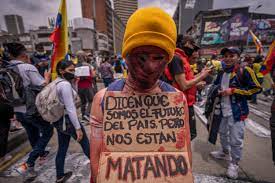
A find for the center in 2021 can be called its conclusions that in the abyss of drug addiction, HIV, AIDS, mass poverty in some countries of Africa in Latin America, there is democracy, a culture of elections, freedom of speech, the existence of media institutions. How is it possible to talk about civil liberties in Colombia, where drug trafficking and arms smuggling have become traditional and where bloody clashes are constantly taking place? And this country was included in the "Flawed democracies" group, where fair and free elections are allegedly held.
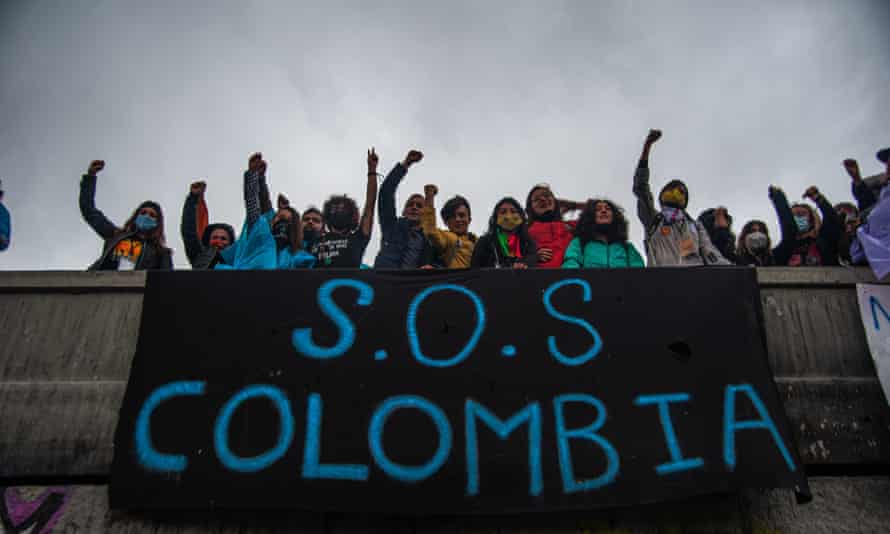
All defenders of "democracy", including those in the US, are well aware that powerful political families in Colombia bought votes to get president Ivan Duque elected in the 2018 elections. Well-known businessman Julio Gerlein and the Char family invested a large amount of money in Duque's presidential campaign against left wing candidate Gustavo Petro. Gerlein invested $600 million pesos (US$1.8 million) in Duque´s presidential campaign. The Gerlein and Char families, among the most powerful economic groups in Colombia, spent more money illegally buying votes for Duque. In Colombia they know very well where this money came from. (Source)
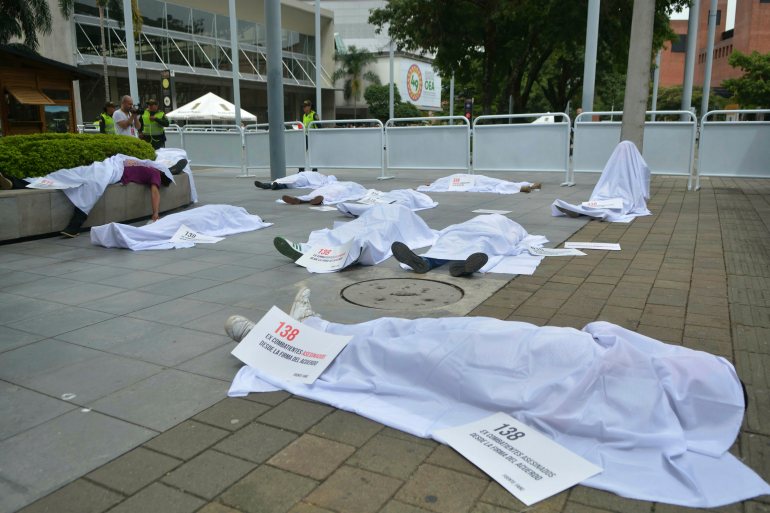
And at the same time, the compilers of the rating gave Colombia 59th place, where it is on a par with European countries - Poland and Hungary.
The inclusion of Zambia, where electoral fraud and vote theft have become a tradition, into the group of flawed democracies is another inexplicable innovation. Representatives of the United Nations Development Fund, the World Bank and other influential international organizations can see a real picture of the political literacy of the Zambian society.
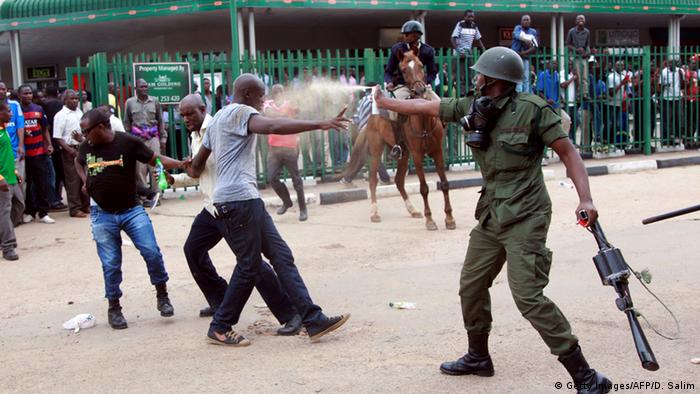
In Zambia where over 70% of the population is poor and 58% are classified as extremely poor hunger and food insecurity have reached unprecedented levels. Hunger is intimately intertwined with poverty. The poor are vulnerable to deprivation of the most basic human rights; food, shelter, education and health. Hunger is caused by poverty, ignorance, calamity and disease. As a consequence of hunger and food and nutrition insecurity, 48% of Zambia’s underfive children are stunted, 25% are under weight, 6% are severely malnourished. Zambia ranks 163rd of the 174 nations and is one of the Highly Indebted Poor Countries (HIPC) with a debt stock of $7 billion despite having paid over $11 billion in debt service fees over the past three decades! (Source)
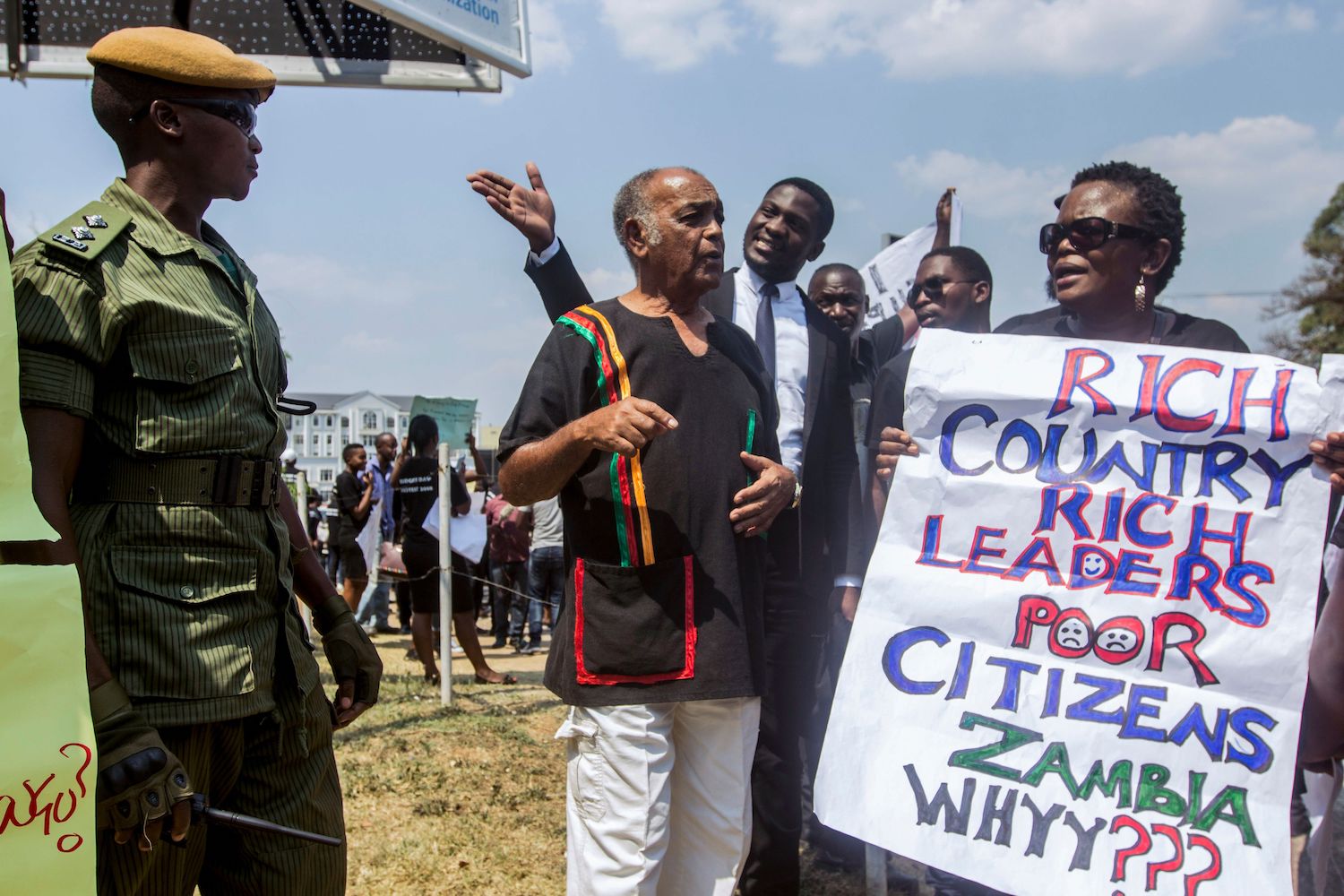
Turkey has been providing financial assistance to Zambia for 10 years now, which, according to the Economist Intelligence Unit, is 23 points ahead of it. This is a blatant mockery of the word "democracy."
Let’s take, for example, Ghana, which Turkey has also been helping for many years, and where people are deprived of basic social rights. An International Monetary Fund (IMF) report shows that the state of education, healthcare and social services in Ghana poses a serious threat to human rights. The mass illiteracy of the country's citizens testifies to the lowest level of participation in social processes. Opportunities for political institutions, media freedom and pluralism are very limited. (Source)
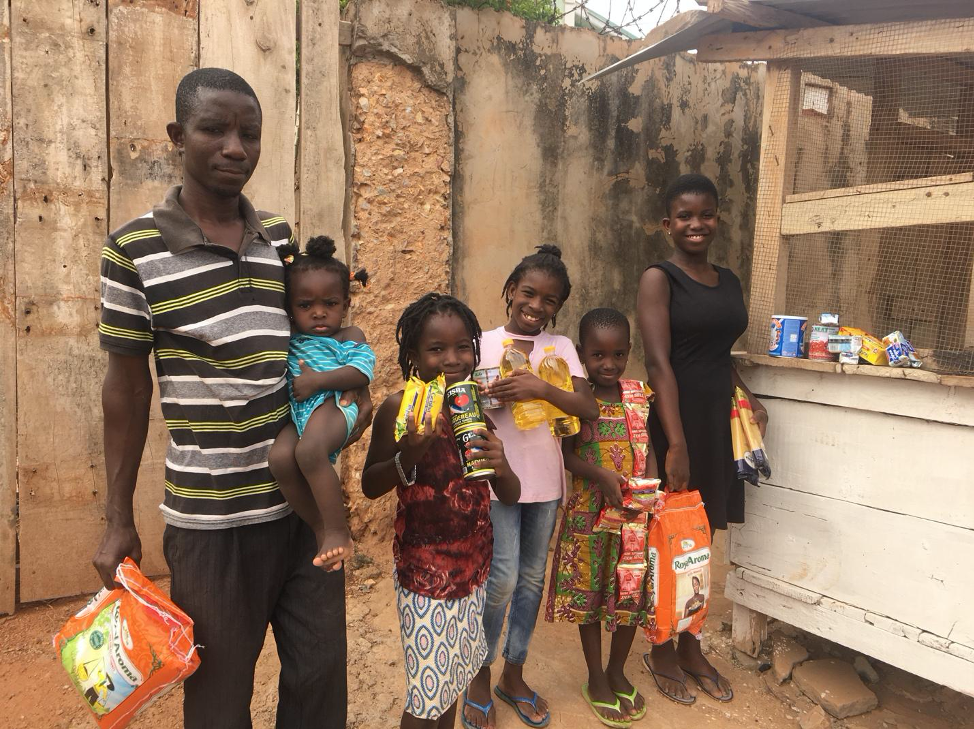
For some reason, the authors of the rating have forgotten the bloody clashes in the presidential elections in Ghana two years ago. Police brutality in protests against electoral fraud, the killing of more than five protesters and months of police violence, brutal repression against people in the regions have long been on the pages of the world media. (Source)
Amid all this political upheaval, chaos and repression, Ghana ranks 57th in the 2021 Democracy Index and is in the same group as Hungary, Romania, Poland and the Czech Republic.
In most African countries, where over the past two years armed coups have become a common political practice in front of all the “democratic forces”, thousands of people have been killed, the rule of the military junta has increased. In Burkina Faso, Chad, Guinea, Sudan and Mali, the military junta in power has destroyed all institutions of democracy. In these countries, people "classified as terrorists" are executed on the spot, without a court order. (Source)
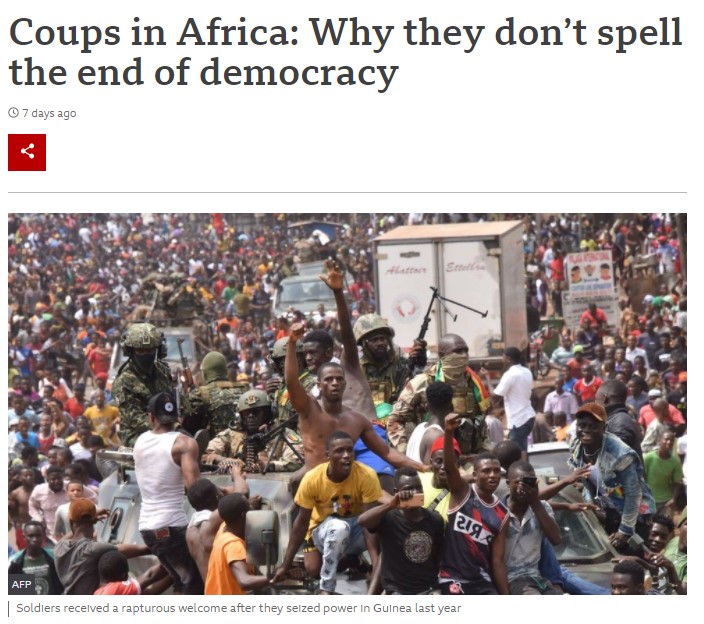
Even countries with such indicators are ahead of Azerbaijan by 30 points in the Economist Intelligence Unit rating. To make matters worse, Burkina Faso, which recently toppled President Roch Marc Christian Kabore in a military coup and bolstered its bloody military authoritarianism, was ranked 111th out of 180 countries in the democracy rankings. Similarly, in the 2021 Democracy Index, countries ruled by military insurgents such as Mali, Guinea and Sudan, where internet shutdowns and lack of opposition have become commonplace, outperform countries such as Azerbaijan, Georgia, Turkey and Ukraine, where there are normal democratic institutions. Yet Nigeria, Ghana and the Gambia have been under medieval rule for the last twenty years, while Kenya and Malawi have been dominated by tribal chiefs.
The rise of General Sisi to power in Egypt and the replacement of old despots by new ones in Zimbabwe are a sign that authoritarian tendencies still prevail there. Opposition figures in Rwanda and Uganda are regularly imprisoned on false charges, while draconian measures to curb dissent through Twitter bans and internet shutdowns prevail in Nigeria and Eswatini.
Perhaps most worrying is the tendency towards ‘constitutional coups’ and ‘third termism’ that sees politicians manipulating the law to remain in power, as in Cote d’Ivoire. Linked to this is the growth of dynastic democracy (Gabon and Mauritius), where political transitions are stage managed in favor of family members.
Coups during 2021 in Mali, Guinea, Chad and Sudan ignite memories of ‘big man’ rule and chronic instability. Military interventions seldom result in improved outcomes and reflect a breakdown of trust in governments and society.
Africa’s democratic trajectory is neither linear nor smooth. Amid rising nationalism, isolationism and authoritarianism, is democracy fit for purpose? (Source)
It is not clear on the basis of what criteria the Economist Intelligence Unit ranked these countries above Azerbaijan and Turkey? Is democratic governance in Kenya really ahead of Azerbaijan? In Kenya, some 35 million people out of a population of 47 million have no access to education, authoritarian rule has continued for more than 40 years, the economic downturn continues, and the usual basic social and public institutions have not been formed. Massive poverty and unemployment cause 50,000 people to migrate annually to different parts of the world, and as a result of intolerant state authoritarianism, 10,000 people are forcibly driven from their lands, discrimination deepens, old tribal relations prevail, etc. (Source)
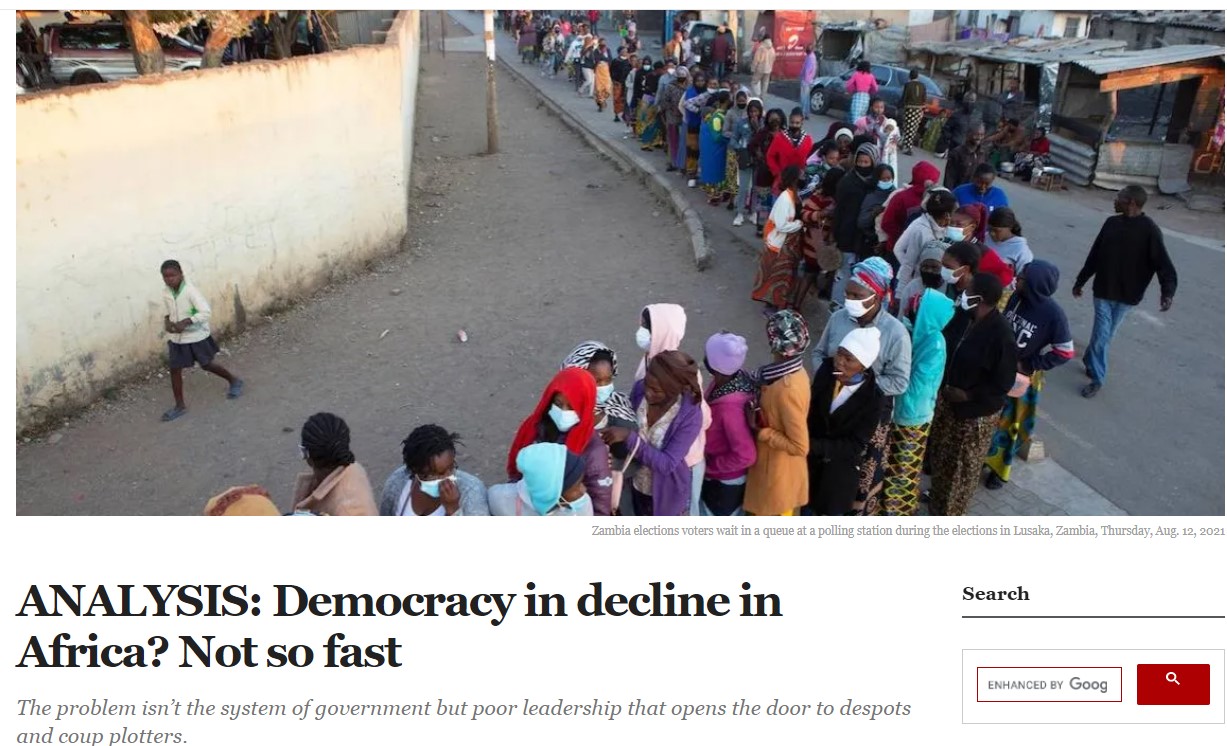
The 94th place awarded to Kenya, where there is a complete absence of political parties, political institutions, which is governed by patriarchal-tribal rules, and where subsistence farming still dominates, and corruption has become a tradition among tribal leaders, is the clearest manifestation of injustice towards Turkey and Azerbaijan. If Kenya, which doesn’t have an Electoral Code, is more democratic than Azerbaijan, there is nothing left to say.
The same picture is typical for Tanzania, which occupies 93rd place in the ranking of democracy. In Tanzania, where 85% of the country's 52 million people are illiterate and 45 million are concentrated in "villages" remote from communications and utilities, courts are created and run by elders.
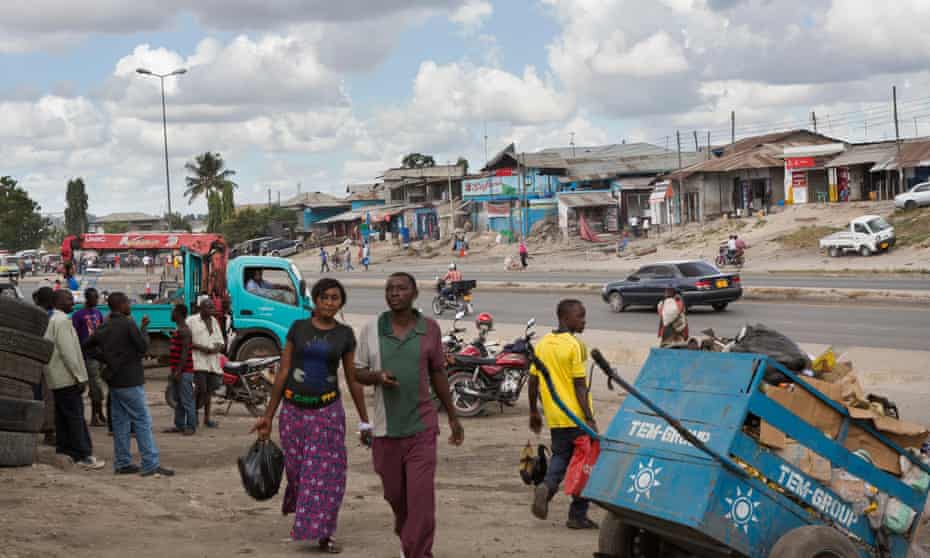
One of the criteria cited in the Economist Intelligence Unit report is, so to speak, an independent judiciary.
In Tanzania, where 90 percent of the population is deprived of television and media, political influence and corruption, especially in the lower courts, limit the independence of the judiciary. Protracted litigation, lack of financial resources and qualified staff, and general distrust of the population further limit the ability of the legal system to fulfill its intended role. The right to life has been violated by security forces (field troops, army, regular police) who tend to overreact, especially in politically motivated contexts. In addition, cases of threats and intimidation by security forces (intelligence agencies); abductions; murders and assassinations; extrajudicial executions; Cases of enforced disappearances of human rights defenders, politicians, journalists, law enforcement officers and even well-known businessmen have sharply increased. However, in most cases it remains unclear who exactly was the perpetrator.
In Tanzanian society, civil society actors are deprived of normal communication services, the leader of a political party is considered a tribal elder, and women's awareness of political processes is generally nil. This is supported by research reports on civil society institutions. (Source)
Tanzania, which is going through a severe political, economic and social crisis and where people are still being sold into slavery, is among the countries that are ahead of Azerbaijan in terms of civil liberties and rights.
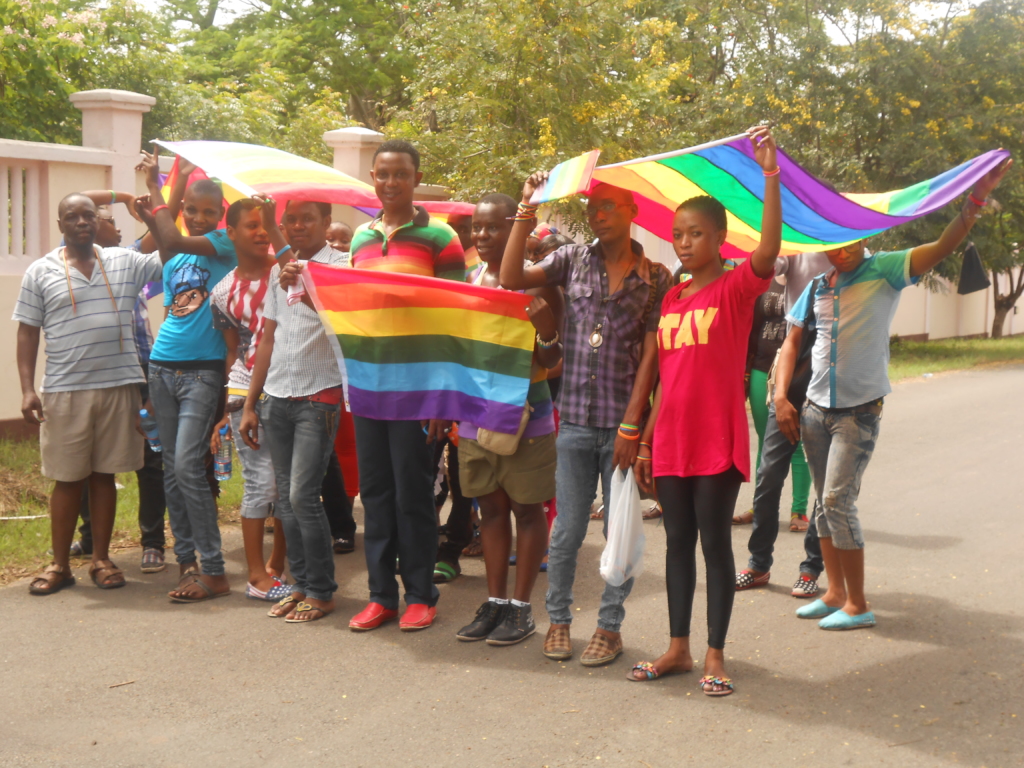
Haiti, another country in the ranking, is 22 points ahead of Azerbaijan. For many years, instability, banditry and killings in Haiti, where criminal regimes often succeeded each other, have exhausted international organizations providing humanitarian assistance to the Haitian people.
Since the government’s announcement in July 2018 that it would eliminate fuel subsidies, widespread civil unrest has effectively paralyzed Haiti. Demonstrations intensified in 2019, amid evidence of embezzlement of funds intended for infrastructure and healthcare under three successive governments, including that of President Jovenel Moise. Police responded with excessive force. Impunity for gang and police violence continued.
The electoral council postponed legislative elections indefinitely in October 2019, and President Moise has been ruling by decree since January 2020, when the legislature’s mandate expired. Moise blamed parliament for the postponement, for failing to approve an electoral law, while his opponents accused him of maneuvers to hijack the process.
Haiti is facing one of its worst outbreaks of violence since 1986. The United Nations Integrated Office in Haiti (BINUH) reported 944 intentional homicides, 124 abductions, and 78 cases of sexual and gender-based violence from January through August 31, with at least 159 people killed as a result of gang violence, including a four-month-old infant.
Alleged complicity between politicians and gangs have contributed to a climate of insecurity. The Inter-American Commission on Human Rights (IACHR) has reported charges against 98 people, including 2 senior government officials, for a 2018 gang-related massacre of 71 people and related abuses in the La Saline neighborhood of Port-au-Prince. Perpetrators operated with complicity of authorities, including policeman Jimmy Cherizier, who has since been fired and now leads a coalition of gangs. The UN has called for authorities to bring those responsible to justice. (Source) However, the compilers of the ranking believe that over the past year, Haiti "moved forward through reforms" in the Democracy Index.
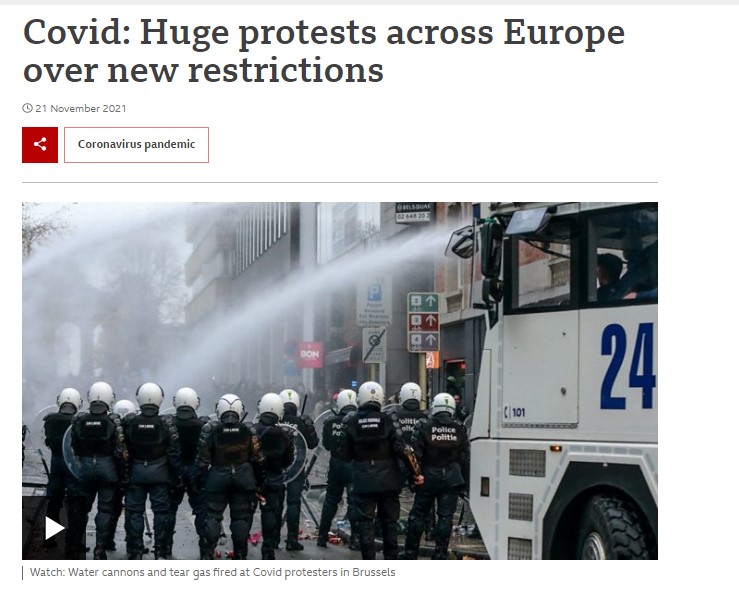
The organization, which has become Soros's political mouthpiece, did not include a single phrase in the report about the mistreatment of people in European countries, where mass protests over the pandemic have been widespread over the past two years. After all, last year tens of thousands of people in the European Union were beaten with rubber bullets, tear gas and water cannons for defending their rights. (Source)
As can be seen, the Economist Intelligence Unit's Democracy Index 2021 report is far from objective and based on a complete scam. The rating appears to have been drawn up after the instructions following last December's Democracy Summit, which was initiated by US President Joe Biden.
Finally, the Democracy Index has been objectively criticized for its lack of transparency and accountability for numbers. To create the index, the Economist Intelligence Unit has a scoring system in which various experts are asked to answer 60 questions and assign a numerical score to each answer, with the rating determined by the weighted average. However, the final report does not indicate what kind of experts these are, or their number, whether they are members of the Economist Intelligence Unit or independent scientists, or whether the experts belong to a particular country.




















